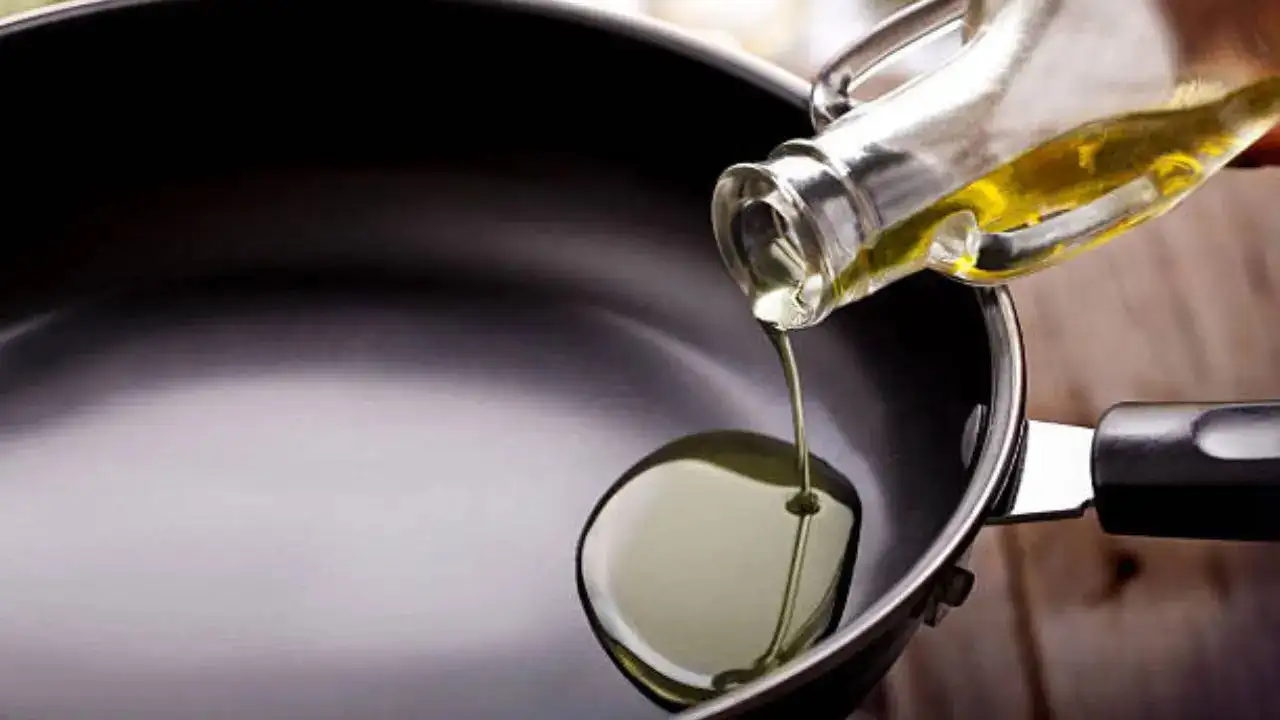
When you completely stop using oil for over a month, you may feel a lot of changes in your body
It is widely believed that oil consumption is bad for your health. Most people switch to oil-free diets or include just a little in their food to prevent health issues—which include weight gain, heart diseases, obesity, and inflammation. However, even though some of it is trueeliminating oil from your food is not as simple as it may sound.
According to experts, when you completely stop using oil for over a month, you may feel a lot of changes in your body. Let’s look at what happens when you cut oil from your diet and whether that’s a smart move or not.
What happens when you cut off oil from your diet?
Digestion and nutrient absorption issues
According to experts, not using oil at all in your diet for 30 days leads to several short-term effects on digestion and metabolism.
Oils provide essential fatty acids that absorb fat-soluble vitamins like A, D, E, K. And if you do not include them as a main ingredient, it may impair nutrient absorption, leading to deficiencies and digestive issues like bloating or constipation due to changes in gut motility. Just eating fruits and salads without oil in the dressing will not let your body extract the beta-carotene—a vitamin A precursor—efficiently.
Doctors say the human body needs fats to make the organs work properly. The brain, neuron system, nerves, and conduction system all work on fat. And since it is best to follow a balanced diet, little oil or ghee is important to be added to cooked food.
Helps only in initial weight loss
When you stop using oil in food, it may initially help you with weight loss, since oil is calorie-dense. Doctors say a tablespoon of oil equals around 120 calories, and that adds up depending on how you cook your food. And so, cutting out oil can lower your calorie intake, resulting in shedding a few kilos.
However, it can be temporary, and by not eating balanced meals, the weight may come back soon.
Food tastes unpalatable
Without the use of oil, cooked food may not feel tasty—as oil can enhance the texture and flavour of your favourite dishes.
Experts believe to satiate your taste buds, you may end up with more portions of carbohydrates or even sugary desserts.
Cause hormonal imbalance
Fats have a major role to play when it comes to the production of hormones in your body—all of which help to make you fit and healthy. And so, when you eliminate oil—a few hormones like estrogen and testosterone—crucial for reproductive health and overall function get imbalanced, leading to serious problems like low libido, infertility, and painful and irregular periods in women.
Benefits of oil-free cooking
While there are side effects of not incorporating oil in your cooking, there are a few benefits as well, like:
Improves your mental health
Eating a healthy diet improves our physical health and can benefit our mental health and well-being. By striving to maintain a healthier and more well-rounded diet — eating more fruits and vegetables, choosing whole-grain food options, drinking plenty of water, and cutting out extra oil and fat — you can improve your mood and overall sense of well-being.
Helps improve heart health
Highly processed oils can be extremely hazardous to your health. Manufacturers often remove fibre and other vital nutrients when they process these oils, which may also be full of chemicals and often come from genetically modified canola, soy, or corn.
And so, not consuming these can have a beneficial effect on your heart, as going without oil can help regulate blood pressure, cholesterol, and triglyceride levels, all of which protect you from life-threatening conditions like heart attack and stroke.
Get Latest News Live on Times Now along with Breaking News and Top Headlines from Health and around the world.
